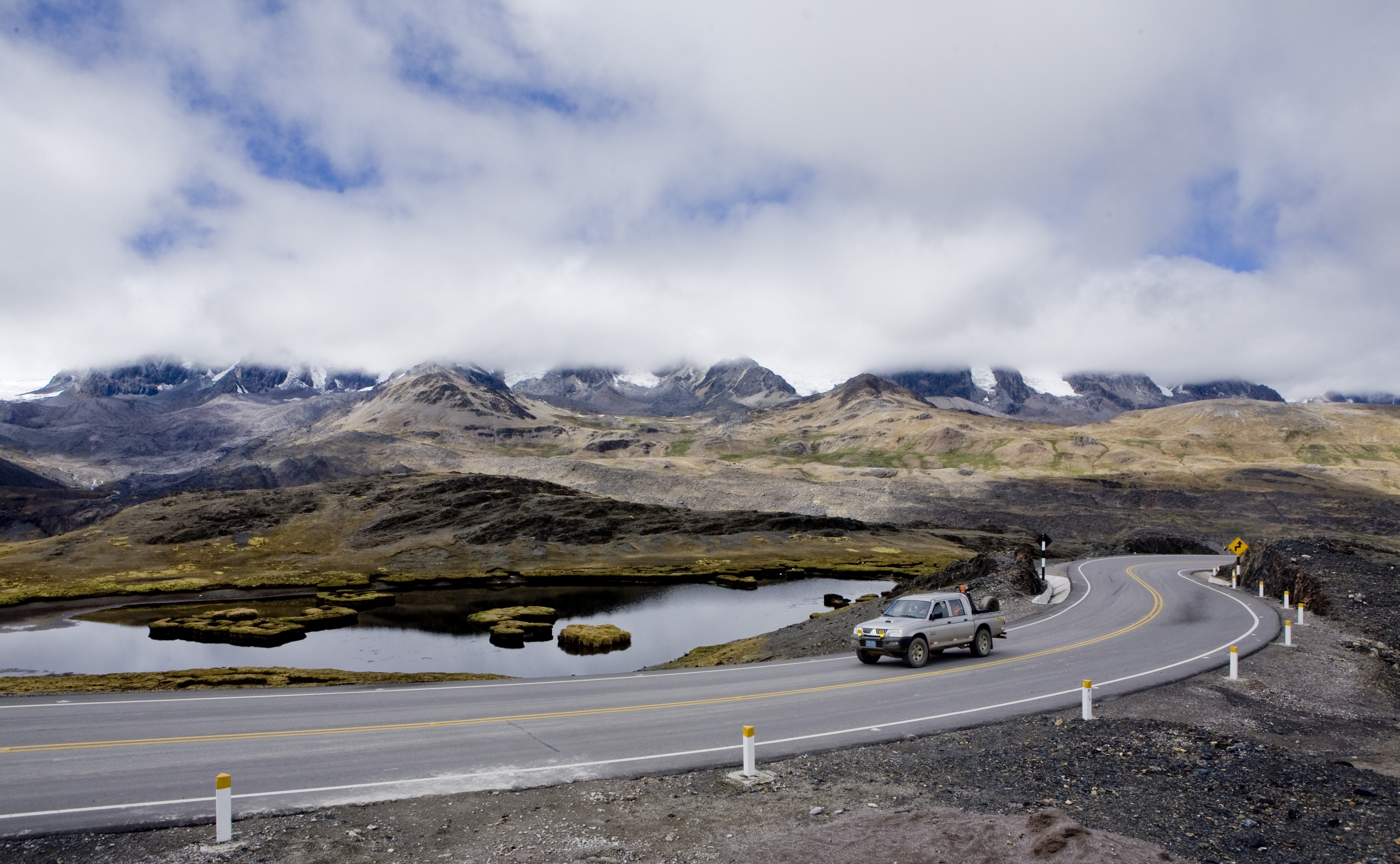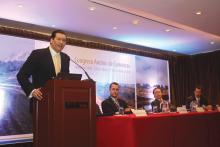
Connecting roads to development at 4th IRF Latin America Regional Congress
Senior representatives from the World Bank, the Development Bank of Latin America and
More than 800 delegates took part in this essential forum addressing shared infrastructure and mobility challenges against a backdrop of rapid growth in vehicle ownership across the continent. According to the Development Bank of Latin America (CAF), the region must double its infrastructure investments and increase the productivity of existing assets to meet increased demand and development targets.
Identifying new partnership models to fund, preserve and improve the region’s highway assets is therefore an essential question which featured prominently throughout the sessions of the three-day event.
Regional and international speakers also underlined how transformative the region’s investments in roads had already proved for a wide range of beneficiary communities. A tangible illustration of these connections is the Interoceanic Road (pictured), which connects the Pacific Ocean to Acre in Brazil. Built under technically challenging conditions through the Andes mountain range, this highway has heralded new economic opportunities for rural communities and trade partners in both countries. The construction of the highway was itself conducted in an exemplary fashion, using local workforce and skill development, resulting in international recognition conferred by IRF’s Global Road Achievement Award for Program Management in 2012.
“The transport sector holds the key to the region’s strategy for investment, economic growth and inclusive development” noted Jose Luis Irigoyen, global transport practice director at the World Bank in his opening address. “But institutions and highway agencies need to be prepared to work differently to meet the challenges of increased demand for road investment.”
“Roads are social networks linking cities, cultures and, most importantly, people,” said Jorge Barata, Executive Director of Odebrecht Latinvest. “The presence of so many distinguished specialists has enhanced the quality of our dialogue within the sector.”
IRF chairman Eng Abdullah A. Al-Mogbel noted this Congress was “a direct result of the IRF’s strategic vision to become the world’s leading industry knowledge platform to help countries everywhere progress towards safer, cleaner, more resilient and better connected transportation systems.”








